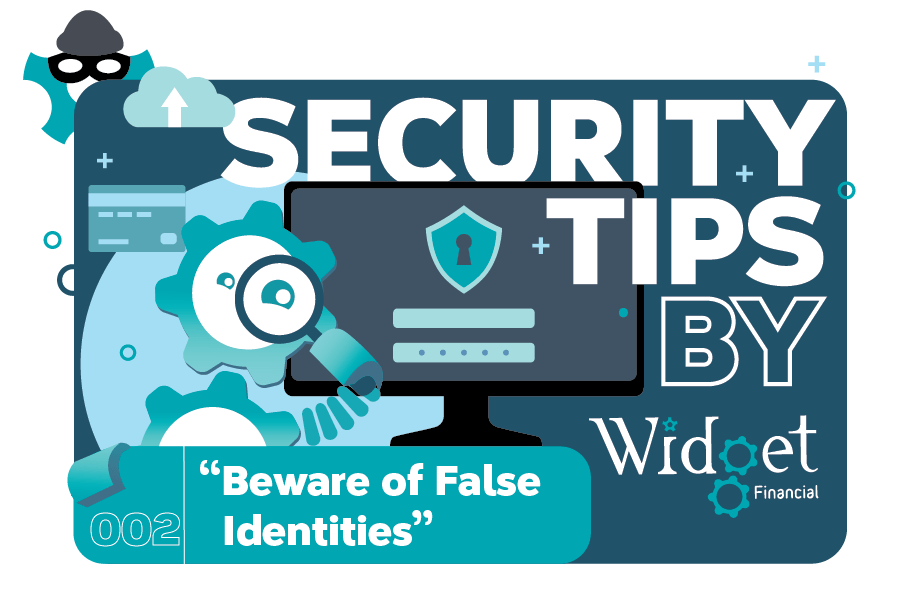Impersonation Scams Explained
Impersonation scams hinge on the manipulation of trust. Scammers exploit their victims’ willingness to believe they are interacting with a legitimate entity, often leveraging psychological pressure or emotional triggers to achieve their goals. These scams can manifest in various forms, from phone calls and emails to text messages and social media communications.
Who Conducts Phishing Scams?
Phishing scams are typically orchestrated by cybercriminals with malicious intent. These individuals can range from opportunistic hackers to organized criminal groups seeking financial gain or access to sensitive data. With advancements in technology, phishing attacks have become more sophisticated, often involving well-crafted emails, websites, or social engineering tactics designed to manipulate unsuspecting individuals.
False IRS Contacts: A Closer Look
One common impersonation scam involves scammers posing as officials from the Internal Revenue Service (IRS). These fraudsters use fear and intimidation to coerce victims into taking immediate action. They might claim that the victim owes back taxes or is involved in a legal matter, threatening severe consequences unless a payment is made promptly.
It’s crucial to remember that the IRS does not initiate contact through email, text messages, or social media platforms. Legitimate communications are sent through postal mail, and IRS representatives never demand immediate payments over the phone.
Gift Card Scams: A Modern Menace
Gift card scams are another prevalent form of impersonation scams. Scammers often impersonate someone close to the victim, such as a family member, friend, or even a colleague. They create a sense of urgency by fabricating an emergency situation and requesting that the victim purchase gift cards to help resolve the supposed crisis.
These scams prey on the victim’s emotions and desire to help a loved one in need. Once the victim purchases the gift cards and provides the scammer with the card information, the funds are swiftly drained, and the scammer disappears.
Protecting Yourself from Impersonation Scams
Why Impersonation Scams Work
Take Away
Impersonation scams are a cunning and manipulative breed of cybercrime that preys on trust, emotions, and urgency. By understanding not only the tactics employed but also the psychological factors that make these scams successful, you empower yourself to make informed decisions and protect your financial and personal well-being. Remember, caution and skepticism are your best allies when navigating the complex landscape of online interactions.






